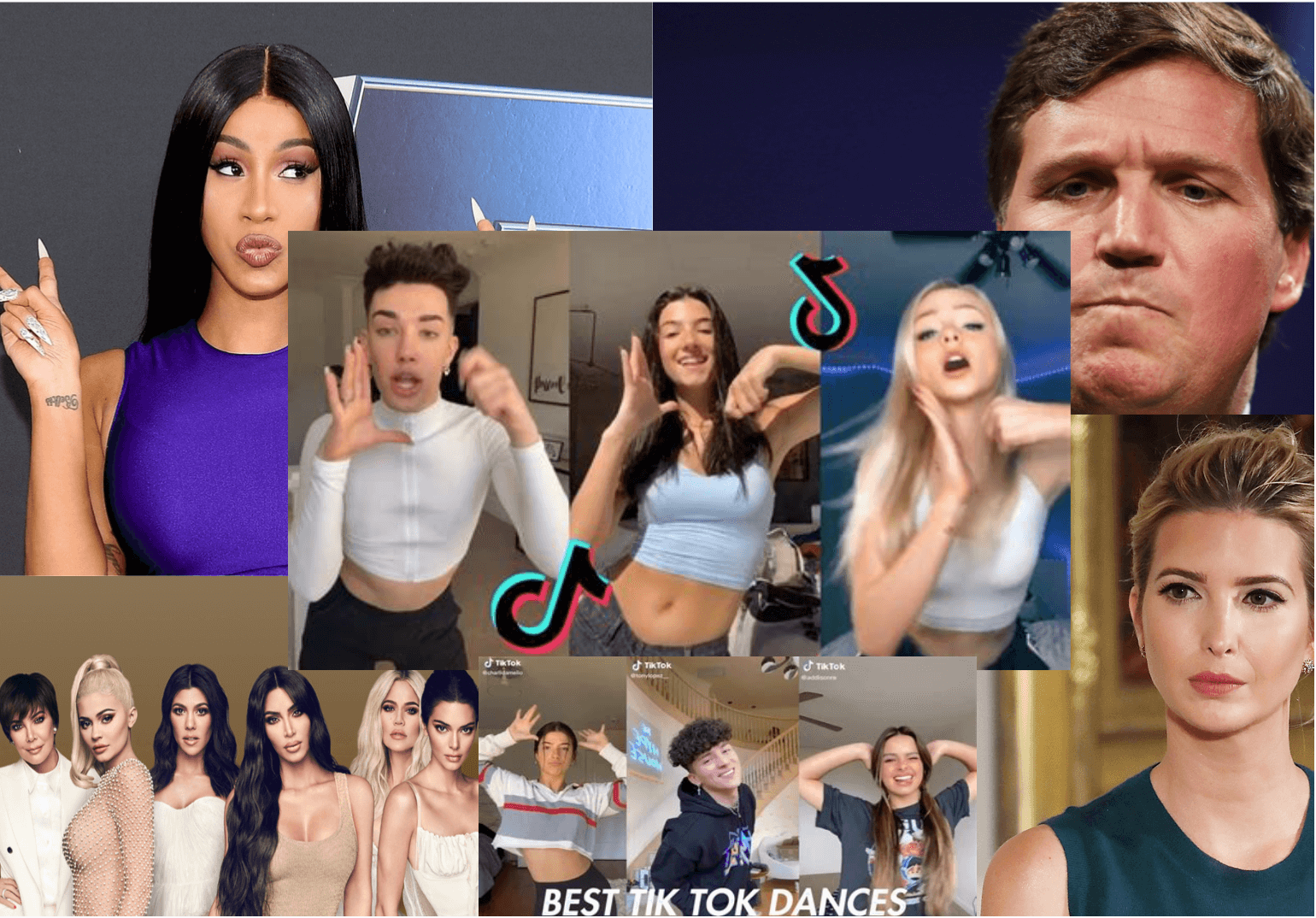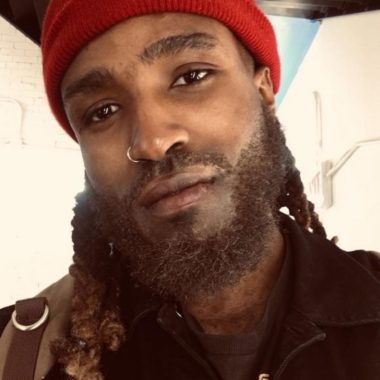THE GREATS- Before Social Media
My earliest entertainment memories include the likes of Boys II Men, Eddie Murphy, Micheal Jackson, Stevie Wonder, Tina Turner, and many more. Growing up I remember watching these entertainers and adoring their undeniable talent. The culture that I was raised in applauded talent and skill, to the extent that most could not ascend to the heights of recognition without it. Of course, popularity and wealth have always been a way to measure the success of the most revered people, but it almost always came with some distinct and laudable measure of skill. Today, with the help of technology and social media, popularity and wealth have pushed out the need for skill, expertise, or talent when qualifying success.
REALITY-TV
If I have to pick a genesis of this modern do-nothing fame culture, I have to point to reality TV. The early ’90s brought us MTV’s Real World, a show featuring young attractive strangers placed in a house together, with drama sure to follow. The reality TV show grew into more seasons of the Real World and inspired many other reality shows. By the early 2000s shows like the Real World had become TV staples. New shows like The Simple Life with Paris Hilton and Nicole Riche, and BET’s College Hill were ratings gold. People tuned in to watch regular people do nothing spectacular, except experience drama, have sex, and fight.
Some reality shows like American Idol focused on showcasing talent, however, the lion’s share of reality TV had little or nothing to do with talent. Most reality TV shows were simply meant to exploit their cast’s desire for attention. Today, reality TV can catapult you to wealth and superstardom for no other reason than, we saw you on TV, ie. Cardi B from Love and Hip Hop NY, and of course the Kardashian/Jenners. It’s hard to unsee how reality TV influenced a capitalist culture that was already focused on money and wealth, to care less about merit.
By the late 2010s, social media had become a media mainstay. Social media picked up the reality TV baton and bolted across the fame for nothing finishing line. Open up Instagram and you’ll be inundated with the exhaustive use of the word ‘influencer,’ translation: I have many followers, so pay me for it through ad money or brand association (clout). In essence, the app has become an overflow of not so talented people monetizing their lack of talent. I’m not a prude, as someone who works in media and marketing, I too participate in the exploitation of a particular self-image. However, I’m actually a writer and cinematographer. Social media apps like Instagram and Tik Tok have become spaces for the cringiest mini reality shows. Everyone gets to live out their ego fantasy. I have never seen so many people willing to omit talent from their shameless display of self––– cringey, cringey, cringey Tik Tok videos. Truthfully, all of this would be fine if it wasn’t accompanied by the gradual murdering of skill and talent as necessities.
AUTOTUNE
When it comes to music, autotune is by far the biggest culprit in the omission of talent as a necessity. When Whitney Houston sang Dolly Parton’s “I Will Always Love You,” it sent a message across the globe because of her voice, not simply because of how popular she was. Autotune is a pitch corrector that allows music producers and engineers to automatically correct vocal errors. It allows even the most unskilled singer to sound reasonably good on a song. It’s true that music engineers had always enhanced vocal performances, however, many of today’s musicians aren’t simply enhancing their voice, they simply cannot produce music without autotune. To add, the general public doesn’t seem to be able to discern the difference or care that much at all.
I think the most unfortunate outcome of this more money, less merit culture, has been the effects on politics, news, and science. News networks prioritize AD sales to the detriment of actual news reporting and facts. Recently, in federal court, Fox opinion news reporter Tucker Carlson and his attorneys went on to admit that he in essence wasn’t a real reporter, rather an opinionist. Carlson at the time was being sued for defamation by none other than Karen McDougal, Donald Trump’s alleged mistress.
POLITICS
Regarding politics, Donald Trump is perhaps the best representative of meritless high status––– a reality TV star and NYC rich kid who became the president because of his popular and polarizing opinions. Yet his presidency was only possible because the general society itself was prime soil for a person like him to be president––– we reward popularity, just as much or more than merit. Today we have mini Trumps in high office who spew fact-free rhetoric with increasing demand (see Marjorie Taylor). To make matters worse, in today’s society, there seems to be an expectation of recognition for doing and achieving less. People can’t seem to tell the difference between merit and popularity––– weird.
The entertainment washing of news and politics has had an adverse effect on American culture, and it appears to be getting more extreme. January 6, 2021, for example, saw folks take popular misinformation and entertainment news as reality, to hysteric proportions. Yes, folks really did bum rush the United States capitol and try to harm congressmen and women, like some dystopian Jordan Peele film.
DEVOTION TO THE CRAFT
Part of why I write and am a cinematographer is because of the skill needed to enter these spaces. You can’t sort of write for a publication, nor can you kind of know how to use your camera, lenses, or understand lighting and composition. While it’s commendable that some of the aforementioned celebrities and reality stars have transformed attention into lucrative business, I think there is a distinction between money-making prowess and classic artistic skill and talent. And yes, like many others I participated in the rise of reality TV, social media, entertainment news, and auto-tuned music. I am not exempt from critique in that regard. However, I never did away with my reverence for dexterity, and I never will.
Will we ever again witness seismic culture shifts like an “I Will Always Love You” (Whitney Houston), or a Micheal Jackson moonwalk live on television? Will a president who is caught lying ever be successfully impeached again if necessary, or are we stuck in meritless limbo? The answers are unclear and that’s very frightening.
Roderick Thomas is an NYC based writer, filmmaker,
(Instagram: @Hippiebyaccident, Email: rtroderick.thomas@gmail.com, Site: graemediallc.com)











One Comment
You are negating the achievements of young artists because you are blinded by your own arrogance (“I’m actually a writer and cinematographer”) and your own nostalgia for the “good old days”. You need to understand that people’s interests change over time. Just because you don’t like someone’s work of art doesn’t mean that the artist doesn’t deserve to be recognized